Menu
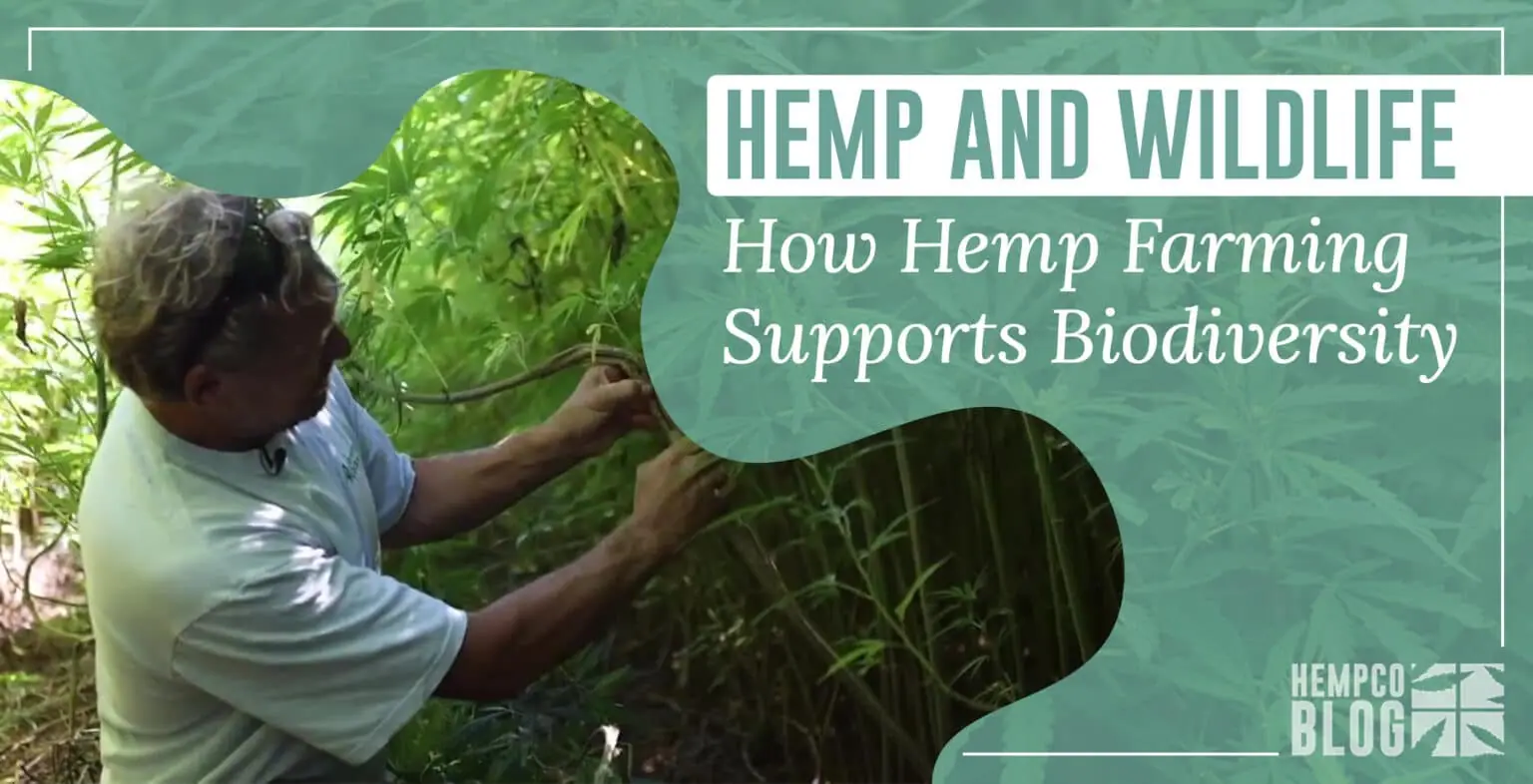
As we grapple with the environmental challenges of our time, the search for sustainable agricultural practices that promote biodiversity and benefit the environment has become imperative. One such solution that's gaining traction is hemp farming.
This miracle plant, Cannabis sativa L, offers a host of environmental benefits that help mitigate the effects of climate change, restore healthy ecosystems, and support wildlife.
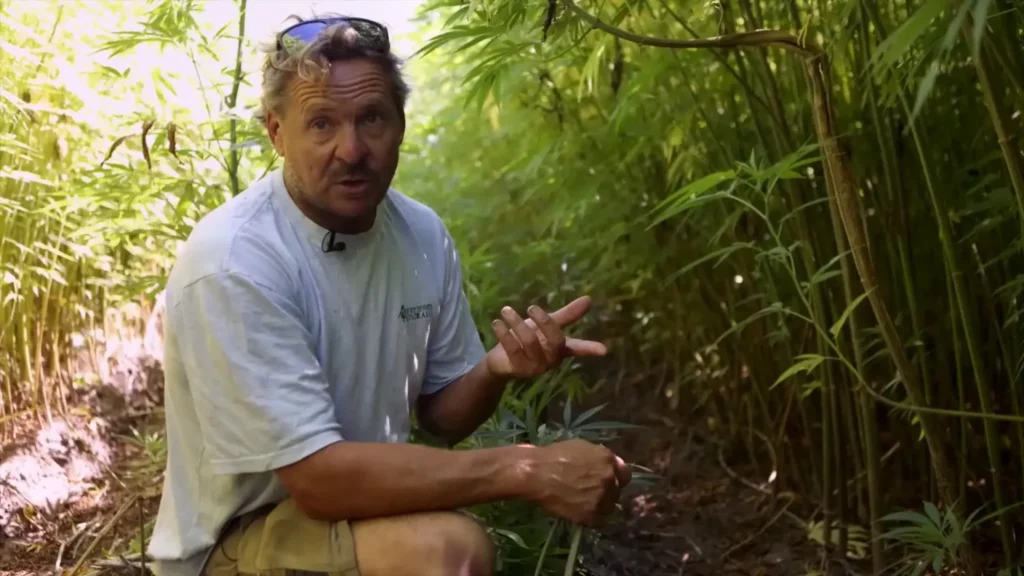
Contrary to the monoculture farming that leads to wildlife decline, hemp plantations have been shown to significantly increase species diversity. Hemp produces pollen for bees and other pollinators during a period of floral scarcity, ensuring their survival and proliferation.
The large amounts of pollen produced by hemp are a vital nutritional source for bees during periods when pollen production from other farm crops is low.
Moreover, hemp's nutritious seeds are a favourite for wild birds. Not only do they help maintain bird populations, but studies have also shown that birds with a diet rich in hemp seeds live up to 20% longer, are healthier, have more lustrous feathers, and produce more offspring.
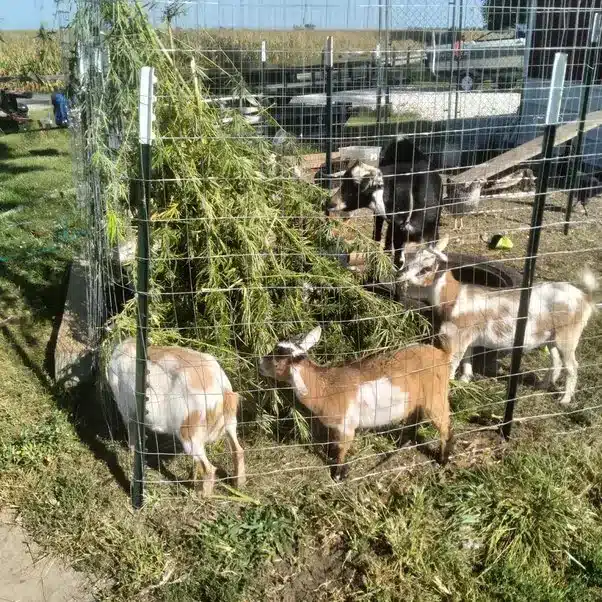
Hemp farming is a boon to the soil. The fast-growing crop has high leaf turnover, which can fully cover the ground just three weeks post-germination. This ground cover reduces water loss and soil erosion, while fallen leaves provide essential nutrition for the soil. This process of soil improvement also makes hemp an ideal plant for land reclamation projects.
In addition, hemp's deep roots – penetrating up to 12" deep in just 30 days – and the system of finer lateral roots stabilize the soil and prevent soil loss, particularly on slopes and in regions with high erosion risk.
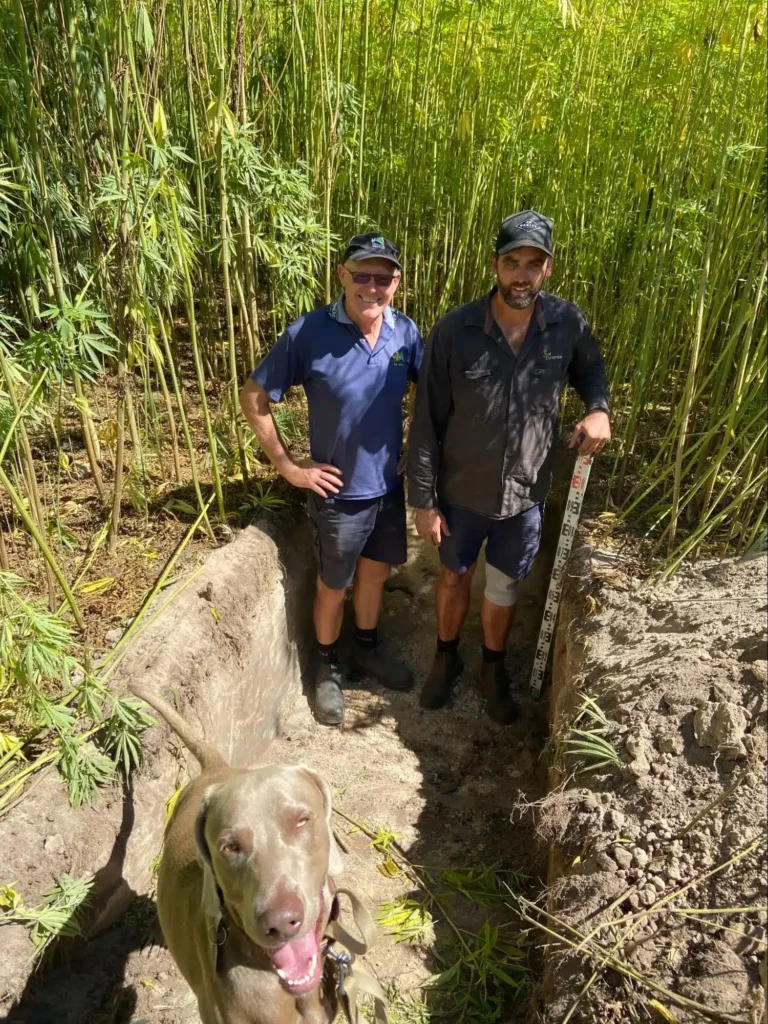
Another remarkable trait of hemp is its phytoremediation capacity. Hemp has the ability to remove heavy metals from the soil, improving the soil's health and making it suitable for other crops.
The plant can be used to clean up contaminated soil, a process that not only restores the land but also adds to the biodiversity of the area.
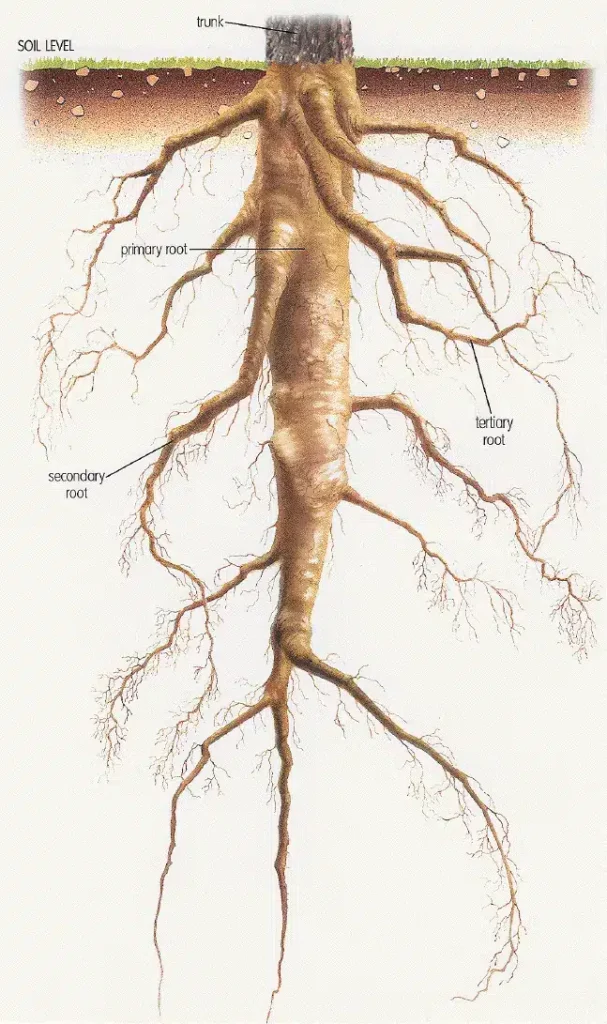
Hemp is more than just a crop; it's a green solution to multiple environmental challenges. It supports biodiversity, improves soil health, and aids in environmental restoration.
As we strive for more sustainable and eco-friendly agricultural practices, hemp farming certainly shows promise as a way forward that not only benefits us but also supports our planet's diverse wildlife.